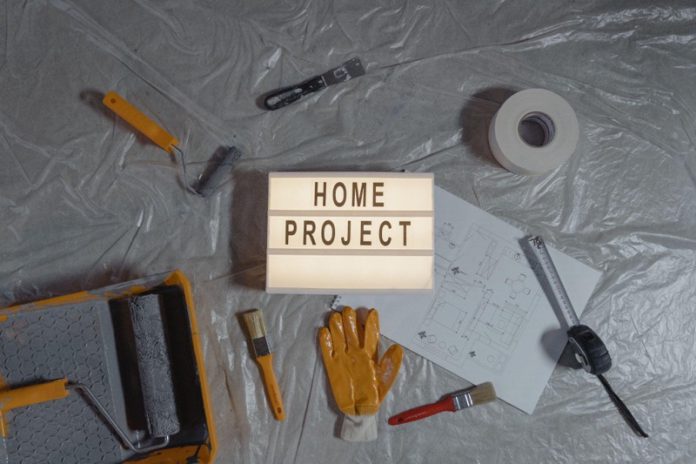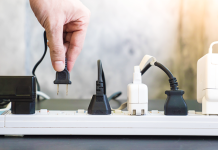When it comes to problems with your electrical system, you are often advised to seek the help of a licensed electrician. But why, right? If you can easily buy tools and parts at the nearest hardware store and with thousands of tutorial videos online, why not just DIY the project? Besides, can you just imagine the hundreds of dollars you can save if you can do it on your own?
Well, not quite.
Many tend to fall into the trap of watching home improvement videos and think, “I can do that too!” Since these videos show simple and quick procedures, it is easy to believe you have what it takes to tackle your own home improvement projects too. Sure, there are several things that you can DIY. However, when it comes to your electrical system, it’s definitely a no-no.
Working with electricity requires skills, knowledge, and experience. So trying to DIY can result in devastating and costly consequences. Worse, it may even put you and your family in danger. To give you a clearer picture, here are 4 risks associated with DIY electrical jobs:
1. Fines and Penalties
The law in NSW regarding electrical jobs is clear: “You need an electrical license before you can do any electrical wiring work, regardless of the cost of the work and regardless of whether the work is residential, commercial, or industrial.” This includes installing, altering, repairing, removing, or adding to an electrical installation.
Meaning, you can’t install a new power point, replace a light switch, replace a plug on a lead, rewire a room, install an air conditioner, or repair an electrical appliance. Basically, the only legal thing you can do as far as electrical jobs go is to change light bulbs.
So when you DIY any electrical job, you are putting yourself at risk of paying fines and penalties. When caught doing any electrical work without a license or certificate, you can be fined as much as $22,000 as an individual. You can even be imprisoned if your illegal work resulted in injuries or deaths.
2. Code Violations
Aside from the law, you should also remember your state’s code compliance. Licensed electricians follow strict local codes and regulations. So while your DIY job might work, it might not be compliant. This can cause you problems during inspections in case you decide to move or sell your home. You might even be forced to pay big costs to repair the shoddy electrical work you did later on.
3. Electric Shock
Working with electricity is dangerous. When not handled properly, say you touched the wrong wires together or you didn’t turn off the power, then there’s a high chance that you will be electrocuted or shocked. Remember, unlike in the USA that has a 120V electricity voltage, Australia uses 230V, which is enough to kill a person.
4. Fire Hazards
Licensed electricians spend years studying and training to make sure they produce quality and safe electrical work. Since they know what they’re doing, they will also make fewer mistakes. Thus, there’s a lesser chance of a fire.
On the other hand, DIYers are more likely to make electrical mistakes, including faulty connections, overloaded circuits, and using the wrong gauge of wire. All these can lead to sparks, overheating, and eventually, an electrical fire. Sometimes, the effects of your mistakes will take time before it shows itself. And before you know it, your house will already be on fire.
So you see, DIY isn’t always cheaper and the best option for your home improvement projects. DIY electrical jobs aren’t like painting or building a cabinet. While you can recover from hitting your thumb with a hammer, the same can’t be said when you work with electricity. One mistake can cost you your house, your life, and your loved ones.




